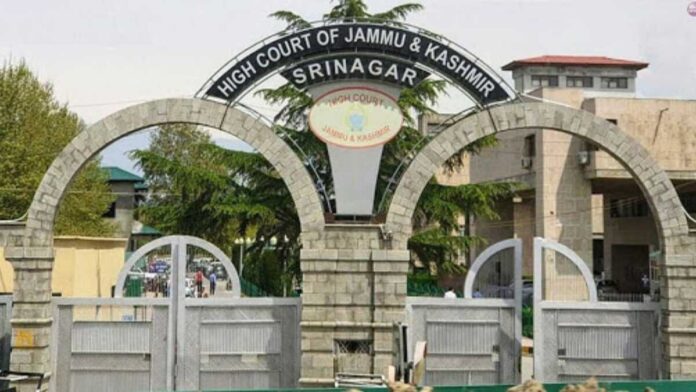In a landmark ruling, the High Court of Jammu & Kashmir and Ladakh has affirmed that Kashmiri Pandit women will retain their migrant status even after marrying non-migrants. This decision, delivered by a division bench comprising Justices Atul Sreedharan and Mohammad Yousuf Wani, upholds a previous order from the Central Administrative Tribunal (CAT) that sided with two women, Seema Koul and Vishalni Koul.
The case surfaced when the provisional selections of Seema and Vishalni for the post of legal assistant under the Prime Minister’s employment package were revoked. The authorities argued that their marriages to non-migrants resulted in a loss of their migrant status. Challenging this decision, the women approached the high court, sparking a broader discussion on the rights of displaced individuals to maintain their status irrespective of marital choices.
The court’s seven-page order refuted the notion that a woman’s migrant status should be altered due to marriage, labeling such a stance as fundamentally discriminatory. “It is against human nature to demand that these women remain unmarried to retain employment opportunities in their native valley,” stated the justices. They highlighted the practical challenges migrant women might face in finding suitable partners from within the same displaced community, considering the widespread exodus from the region.
Further intensifying the judgment’s impact, the court criticized the existing disparities in how migrant status is preserved across genders, noting that male migrants retain their status regardless of whom they marry. This discrepancy, according to the court, stems from deep-seated patriarchal values that should not influence state or UT employment matters.
The decision is significant against the backdrop of the PM’s employment package, initiated in 2008, which includes the provision of 6,000 jobs and accommodations for Kashmiri Pandits. This ruling not only supports the employment rights of over 4,000 Kashmiri Pandit migrants currently working in various departments in Kashmir but also sets a precedent for gender equality in the interpretation of migration and displacement policies.




